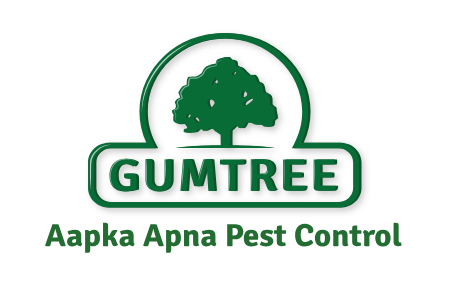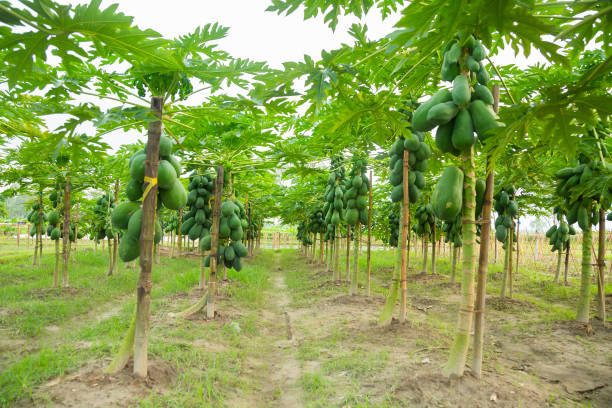Embracing Sustainability in Agriculture
Organic farming and eco-friendly pest control methods have become more than just buzzwords in the world of agriculture; they represent a fundamental shift towards a sustainable and environmentally conscious approach to farming. This paradigm shift is not just a passing trend but a necessity in a world where the environmental impact of conventional agriculture is raising concerns.
The Essence of Organic Farming
Organic farming is an agricultural system that prioritizes the use of natural processes over synthetic inputs. It revolves around maintaining soil health, conserving resources, and fostering biodiversity. Here are some key benefits:
1. Soil Health and Fertility
Organic farming practices are centered on nurturing the soil. Instead of relying on synthetic fertilizers, organic farmers use compost, green manure, and natural minerals to enhance soil fertility. This not only enriches the soil but also promotes its long-term health.
2. Chemical-Free Produce
One of the most significant advantages of organic farming is the absence of chemical pesticides and herbicides. This results in produce that is free from harmful residues, making it safer for consumption.
3. Biodiversity Conservation
Organic farms tend to support a more diverse range of flora and fauna. By avoiding the use of chemicals, these farms create a healthier ecosystem for both wildlife and beneficial insects.
4. Sustainability
The emphasis on natural inputs and sustainable practices makes organic farming a more environmentally friendly choice. It reduces water pollution, soil erosion, and greenhouse gas emissions associated with conventional agriculture.
Eco-Friendly Pest Control: A Vital Component
While organic farming lays the foundation for sustainable agriculture, effective pest control methods are crucial for ensuring a bountiful harvest. Traditional pest control methods often rely on chemical pesticides, which can harm beneficial insects and have long-lasting effects on the environment. Eco-friendly pest control offers a safer alternative.
1. Biological Pest Control
One eco-friendly approach involves introducing natural predators or parasites to control pest populations. For example, ladybugs are released to combat aphids in gardens. This method avoids the use of harmful chemicals and allows nature to maintain a balance.
2. Trap Crops
Another effective strategy is planting trap crops that attract pests away from the main crop. This diversionary tactic minimizes damage without resorting to chemical interventions.
3. Neem Oil and Diatomaceous Earth
Eco-friendly pesticides like neem oil and diatomaceous earth are derived from natural sources. They are effective against pests while being safe for humans, animals, and beneficial insects.
4. Crop Rotation
Rotating crops disrupts the life cycles of pests and reduces the likelihood of infestations. It’s a preventive measure that minimizes the need for pest control.
The Synergy of Organic Farming and Eco-Friendly Pest Control
When organic farming practices are coupled with eco-friendly pest control methods, the result is a harmonious and sustainable agricultural ecosystem. This synergy benefits not only farmers but also consumers and the environment.
By embracing these practices, we can enjoy:
· Healthy, chemical-free produce.
· Reduced environmental impact.
· Preservation of biodiversity.
· Enhanced soil fertility.
· Sustainable agriculture for future generations.
In conclusion, organic farming and eco-friendly pest control methods are not just options; they are imperative steps towards a more sustainable and environmentally responsible future. By supporting these practices, we contribute to a healthier planet and a safer food supply.







